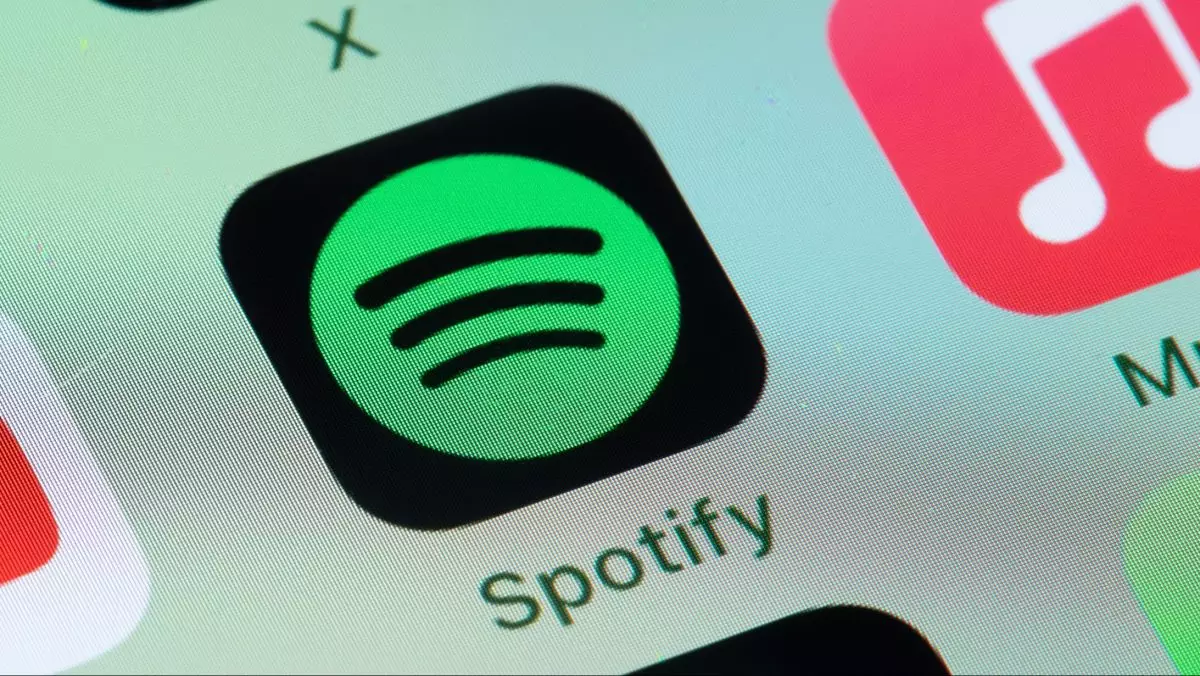On a recent Wednesday, Spotify made a significant announcement regarding its Web API that has far-reaching implications for third-party developers. Primarily, the music streaming titan revealed that it would no longer permit access to various features intended for integration into applications built on its platform. This decision is not merely a technical adjustment but a strategic move that highlights growing concerns around security and the competitive landscape of music streaming.
The announcement indicated that functionalities related to song and artist recommendations, alongside several analytical features, would be restricted. These changes entail the revocation of access to widgets that allow developers to analyze user listening habits, which could be pivotal for creating AI-driven musical recommendation systems. This directive emanates from a Spotify spokesperson who conveyed that these modifications are part of an effort to bolster security against potential misuse of the API, all while hinting at the prevention of competitive threats from emerging AI applications.
The repercussions of this announcement have left many developers in a state of dismay. Spotify’s restrictions mean that various application creators, some of whom were not even focused on AI technologies, are being stripped of access to critical resources. These developers have voiced their concerns in online forums, questioning the motives behind the decision. The general sentiment appears to lean towards skepticism, with some suggesting that these changes are more about controlling data for proprietary reasons rather than genuine security concerns.
One of the main affected areas is Spotify’s Audio Analysis feature, which provides vital information about a song’s structure, such as tempo and rhythm. Additionally, the loss of access to features that identify song characteristics like “danceability” and energy level limits the tools available for developers aiming to innovate in music-related applications. As such, this limitation not only stifles creativity but also reignites conversations about the implications of such control in the tech ecosystem.
Another element to consider is Spotify’s ongoing efforts in developing its own AI-driven music recommendation models. By restricting access to its API functionalities, Spotify may be trying to protect its proprietary algorithms from being trained on data extracted by third-party developers. The risk of these developers creating AI systems that mimic Spotify’s could be a significant threat to its market position.
Dubbed as a potential response to the rise of “transformer models,” what Spotify seems to be signaling is that it wants to safeguard its innovations. The implications of this are vast. Spotify’s CEO, Daniel Ek, has previously mentioned the promising potential of AI in enhancing musical creativity, and now they are practicing a form of digital protectionism to secure their competitive advantage. By hoarding the data that third-party applications could utilize, Spotify is ensuring its innovations stay unique to the platform, effectively creating a barrier to entry for aspiring developers.
The reaction from the developer community has been largely negative, with many expressing outrage over the perceived insincerity underlying Spotify’s claims about security. Developers have quickly pointed out that while Spotify emphasizes user privacy, the crux of the matter may lie in protecting its AI initiatives. The sentiment reflects a broader unease in the tech ecosystem about how major platforms manage their data.
As the digital landscape evolves, this cautious stance taken by Spotify may set a precedent for how other tech companies regulate API access. It raises significant questions about the future of collaborative innovation within the tech community. With an increasing focus on AI capabilities, developers often look towards platforms like Spotify to serve as resources for their own innovations. However, with this abrupt restriction, Spotify is redefining the boundaries of what can be created using its technology.
While Spotify’s shift appears to be a protective measure against data misuse, it also runs the risk of alienating valuable developers who contribute to the vibrancy and diversity of the music tech landscape. This development may serve as a cautionary tale for businesses in the digital age about the fine balance between protecting intellectual property and fostering a collaborative environment for innovation. As this situation evolves, observing how developers adapt will be crucial for the industry.

